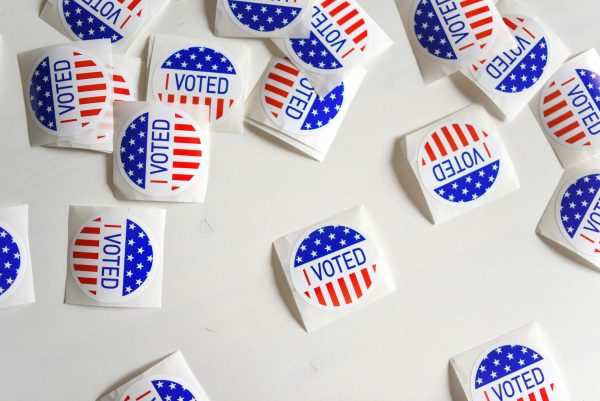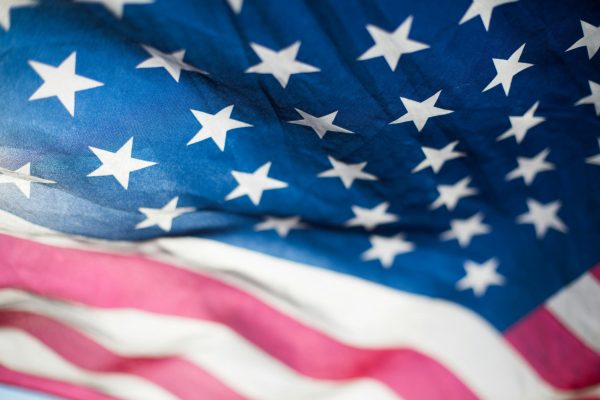Why I Don’t Celebrate Veterans Day
Celebrations are not an appropriate reaction to war

Opinion Of: NOELLE AVENA
Armistice Day was the original holiday celebrated Nov. 11. It was meant to remind citizens of the horrors of the first world war and act as a warning against glorifying and repeating warfare of a large magnitude. This narrative had to change to gain the public’s favor when it came to wars that were morally gray, like the Vietnam War or Korea. In 1954, the name and purpose were subtly changed. Armistice, meaning truce, was changed to Veteran. Today, the act of “honoring the military” has solidified itself as one of the keystones of what it means to grow up American. Veterans Day is treated with ornate and reverent celebrations that make the virtue of active service members seem unquestionable. By making support for the military into an American value, the modern military can count on a constant base of public favor and lessen the impact of the criticism it traditionally dealt with in abundance.
The U.S., at its founding, was not intended to be a world superpower. That role was thrust upon it after the industrial revolution and success in smaller wars. Before this, policy favored staying isolated and avoiding overseas conflict. Convincing America to go to war was no easy task. That country, influenced by ideals of pacifism and civil disobedience, bears no resemblance to modern patriotism. Propaganda was the cure, and it was absolutely necessary to win the public’s favor for almost every war. Joining WWI and breaking that strong, greater cultural moral objection to war took anti- German propaganda so strong it very well could have been the indirect cause for the second world war.
When an entire country is trained to think in one way, there is no balance, and there are no natural checks of different opinions that put pressure on the military to make sound decisions. Over time, war got easier and easier for Americans to digest as it seemed there was no way out of global involvement after the initial jump. Instead of being able to openly criticize and protest military decisions, spending, and climate impacts, like Americans traditionally could, the way we currently observe Veterans Day helps perpetuate the absurd, modern thinking that the American military must be supported no matter what choices it makes.
My grandfather flew in bombers during WWII. Every other man in his regiment died on a mission he was supposed to be on, two of whom were stranded in the ocean for days before being captured by German soldiers, tortured, and executed. He was drafted. He did his duty. Until he died, he stuck to his philosophy that no one should ever have to experience what he did, and that he’s seen enough war for the next hundred generations. He was never able to find people who shared the same experiences as him because most who see active combat don’t tell their stories. This makes their stories hard to keep alive.
My grandfather grew sick of finding only war-hungry veterans who had never seen active combat when he tried to seek out comfort at clubs made for veterans of foreign war. My great grandfather, on the other hand, was a fiercely pacifist pastor in Virginia who tried to organize peace and diplomacy between the North and South during the Civil War. He was murdered in his efforts, but I know he would have died 10 times over before killing another soul. Both of these men were involved in war and saw its ugly underbelly. These are both wholly American war stories and worthy of honor and remembrance.
The most respectful action one can do for that small percent who have seen active combat or died as a result of it is not to glorify their endeavors, but to never forget, minimize, or repeat the anguish they dealt with. The extreme somber nature of war does not match the ribbons and bright music of our school’s Veterans Day.
Someone in the modern age being anti-war or not supportive of the military shouldn’t be taboo, and there shouldn’t be pressure in school to celebrate the holiday in this way. It can contradict students’ personal and religious beliefs and create deep discomfort as the military has caused unimaginable trauma in so many families. The modern-day military is a far cry from the Veterans who didn’t have a choice, who didn’t want to wage war as an occupation, and who thought that the horrors they witnessed would be enough to keep the country far away from meaningless conflict.
Your donation will support the student journalists of East Lyme High School. Your contribution will allow us to purchase equipment and cover our annual website hosting costs.


